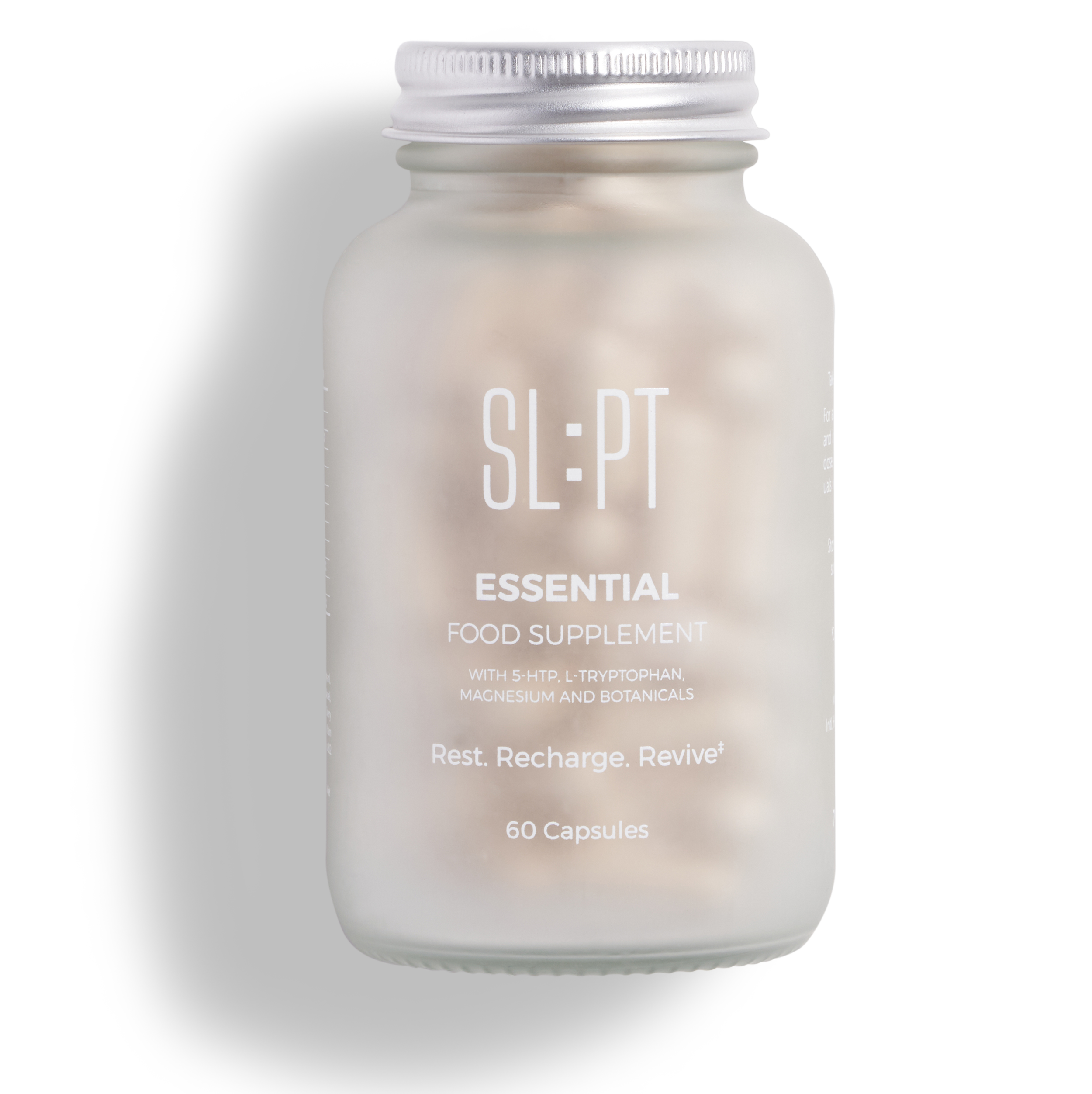Common Causes for Poor Sleep & Insomnia
Getting a good night’s sleep seems like it should be the simplest thing to do, but for many of us, the reality can be far from this. When it comes to our sleep there are countless different factors which can affect the quality, duration, and restfulness of our sleep. We want to share with you some of the common causes of insomnia and help you solve the possible reasons for your poor sleep.
Sleep Disorders
A seemingly obvious place to start but despite the fact that many of us may suffer from a sleep disorder, we aren’t actually familiar with the various different sleep disorders, and the signs which indicate if you have one. There are over 80 different types of sleep disorders, some of the most commonly suffered sleep disorders include:
Insomnia: the inability to either fall asleep easily or difficulty staying asleep on a regular basis.
Sleep Apnea: irregular or erratic patterns of breathing, often involving extended pauses in-between breaths, and breathlessness when waking.
Restless Leg Syndrome: an uncontrollable urge to move your legs or feet while trying to sleep.
Bruxism: the unconscious grinding of teeth or clenching of the jaw whilst you sleep, often related to stress or anxiety.
If you have been suffering from poor sleep for 12 weeks or more, then chances are you may be suffering from an actual sleep disorder which you should discuss further with your Doctor. Being diagnosed with a sleep condition can be the beginning of understanding your sleep habits and can open many doors for treatment. Learn more about sleep disorders here.
Health Conditions and poor sleep
Just because you aren’t diagnosed with a sleep-specific disorder doesn’t mean that your other everyday health conditions aren’t impacting your sleep. Other physical health conditions and medications used to treat them can be a frequent cause of sleep disturbances. Understanding the impact that your health conditions have on your sleep is a crucial first step to fixing your sleep patterns. Learn about Everyday Health conditions which can impact sleep here.
Diet, Nutrition and its effect on rest
We all know that our diet has a massive impact on our health & wellness overall – and that impact extends itself to our sleep too! Many foods and drinks, such as caffeine and alcohol, can harm your nightly rest, and others can help improve your sleep. Consuming caffeine in the afternoon has been known to cause insomnia for many people. Alcohol also inhibits our bodies’ ability to sleep properly. So, if you’ve been having trouble sleeping lately, it’s time to take into consideration your daily coffee habit or those two glasses of wine before bed. Read more on the effects of diet and nutrition on your sleep here.
Exercise and poor sleep
You heard us right, our exercise habits can impact our quality of sleep! It just makes sense; when you are active and burning more energy, you will get better sleep. According to Charlene Gamaldo, the medical director of the John Hopkins Center for Sleep, there is concrete scientific evidence that exercise improves your ability to fall asleep quickly. You heard the doc, get moving to help fight off your insomnia. Read more here.
Technology usage and blue light
We all have a love-hate relationship with our phones. They are fantastic for maintaining connections, but they also are addictive and challenging to get away from. Our screens emit blue light, which has been linked to suppressing sleep-inducing hormone secretions in our brains. Understanding the impact your phone and other technology have on your sleep is a significant first step to combating the problem and improving your sleep.
Stress and it’s impact on downtime
Stress appears to be an everyday part of our modern lives. Whether it’s work, school, upcoming deadlines, finances or our relationships, we all experience worries that cause us to feel stressed. Persistently high levels of stress will likely be harming your sleep. High levels of stress cause our nervous systems to be continuously on high alert, the effects of this make it difficult for you to fall asleep and also maintain sleep. Learning how to manage stress will improve your sleep.
Sleep Environment
Our sleep environment plays more of a role in our rest than many people think. Essential factors in our sleep environment such as temperature, ambient noise level, light exposure, and the sleep habits of your partner if you co-sleep may seem like small issues that aren’t a big deal. However, these factors can dramatically impact the quality of your sleep. Learn more about setting up a perfect sleep environment to support good sleep here.
SLPT Products to Help with Sleep and Insomnia
Sleep Routine and Lifestyle Habits
This may not be as obvious, most of us understand the power of habit for morning routines but most of us don’t consider the same for our sleep routines. Bad habits or a poor nightly routine may be affecting your ability to get a restful night's sleep. Learn more about building great sleep habits and a perfect bedtime routine here.
As you can see, many factors could be contributing to you getting a great night's sleep. Education about the causes is the first step to improvement. For more information about everything sleep, join our email list for newsletters containing sleep advice, tips for creating sleep routines, and more!










Our ultra soft 100% cotton eye mask is the perfect accessory for supporting a great night's sleep.